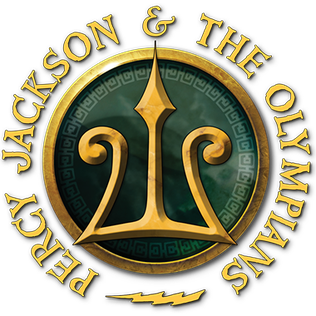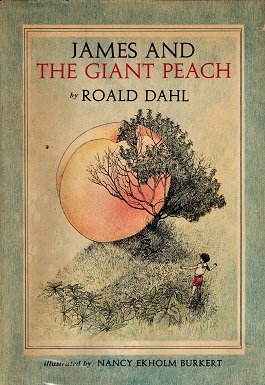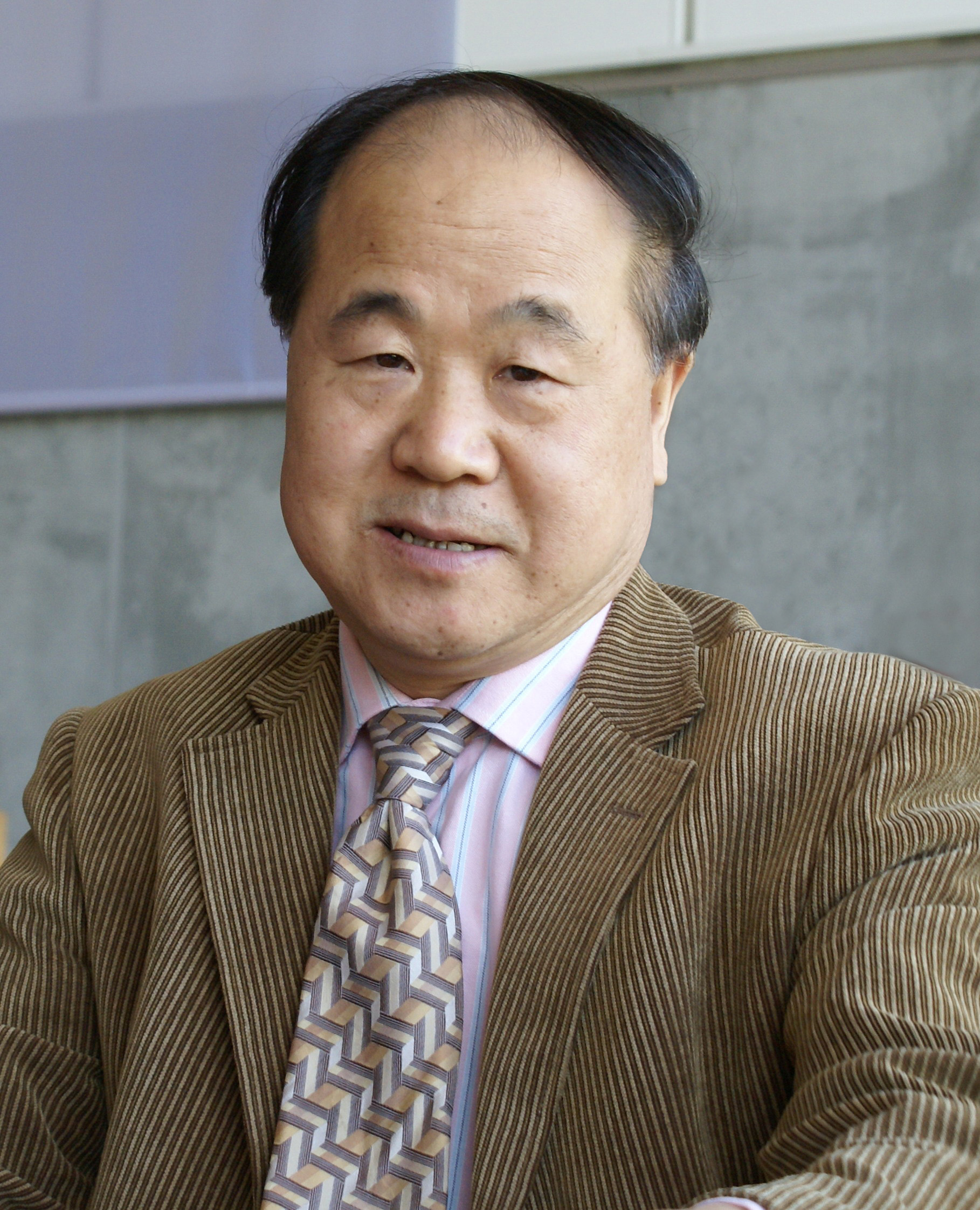Mario Vargas Llosa
Explore the timeline of Mario Vargas Llosa, the renowned Peruvian writer, journalist, and Nobel laureate. Discover key events and milestones in his life and career, from his early beginnings in Peru to becoming one of the most influential literary figures of the 20th and 21st centuries.
Mario Vargas Llosa's Birth
Peruvian writer and essayist Mario Vargas Llosa was born on March 28, 1936, in Arequipa, Peru. He is a renowned author known for his significant contribution to Latin American literature and has authored several acclaimed novels, essays, and plays. Vargas Llosa is celebrated for his complex narratives and exploration of political themes.
Publication of 'The Time of the Hero'
Mario Vargas Llosa's first novel, 'The Time of the Hero' (La ciudad y los perros), was first published in 1963. The novel is based on his own experiences as a student at a military academy in Lima and became an influential work in Latin American literature. The novel's critique of the Peruvian military establishment sparked controversy, but it earned Vargas Llosa international recognition and praise.
Publication of 'The Green House'
In 1967, Mario Vargas Llosa published 'The Green House' (La casa verde), a novel that solidified his reputation as a leading novelist in Latin American literature. The book is known for its intricate structure and narrative innovation. It explores themes of power, corruption, and society within the context of a fictional Peruvian town, showcasing Vargas Llosa's literary prowess.
Publication of 'Aunt Julia and the Scriptwriter'
'Aunt Julia and the Scriptwriter' (La tía Julia y el escribidor) was published in 1977. This semi-autobiographical novel by Mario Vargas Llosa takes readers on a comedic journey through the life of a young writer in Peru. The novel offers a satirical look at the world of radio soap operas, blending romance with humorous depictions of characters and events inspired by Vargas Llosa's own youth.
Publication of 'The War of the End of the World'
In 1981, Vargas Llosa published 'The War of the End of the World', a novel depicting the War of Canudos, a conflict between settlers and the Brazilian government in the 19th century. This ambitious work reveals Vargas Llosa's mastery in handling complex historical and political themes. Written with a meticulous attention to detail, it is considered one of his most important works.
Release of the Film 'Aunt Julia and the Scriptwriter'
The story of 'Aunt Julia and the Scriptwriter', originally a novel by Mario Vargas Llosa, was adapted into a film in 1987, starring Peter Falk, Barbara Hershey, and Keanu Reeves. Although the film adaptation differs from the book's narrative, it brought renewed attention to Vargas Llosa's work and introduced his stories to a wider audience through the medium of cinema.
Presidential Campaign in Peru
Mario Vargas Llosa ran for the presidency of Peru in 1990 as a candidate of the Democratic Front (FREDEMO). His campaign was notable for advocating free-market reforms, but despite his literary acclaim and support, he was defeated by Alberto Fujimori in a runoff election. This result marked a turning point in his career, as Vargas Llosa subsequently focused more on his writing and public intellectual activities.
Awarded the Cervantes Prize
In 1994, Mario Vargas Llosa was awarded the Cervantes Prize, the most prestigious literary honor in the Spanish-speaking world, recognizing his lifetime achievements as a novelist and essayist. The Cervantes Prize is awarded annually by the Spanish Ministry of Culture and is widely considered the Spanish-language equivalent of the Nobel Prize in Literature.
Awarded the Nobel Prize in Literature
In 2010, Mario Vargas Llosa was awarded the Nobel Prize in Literature for his cartography of structures of power and his trenchant images of the individual's resistance, revolt, and defeat. This prestigious accolade acknowledged Vargas Llosa's profound impact on literature, with a career spanning various genres and embracing themes of liberty, identity, and social critique.
Entered the French Academy
On November 25, 2022, Mario Vargas Llosa became a member of the prestigious Académie Française, marking a significant milestone as he became the first foreign writer to be inducted while still alive. This honor reflects his influence and importance in the world of literature, not only in the Spanish-speaking world but globally, contributing to cultural and intellectual exchanges between nations.
Frequently asked questions about Mario Vargas Llosa
Discover commonly asked questions regarding Mario Vargas Llosa. If there are any questions we may have overlooked, please let us know.
What year did Mario Vargas Llosa win the Nobel Prize in Literature?
When did Mario Vargas Llosa become a Spanish citizen?
When was Mario Vargas Llosa born?
When did Mario Vargas Llosa publish his first novel?
Related timelines
More timelines connected to Mario Vargas Llosa







